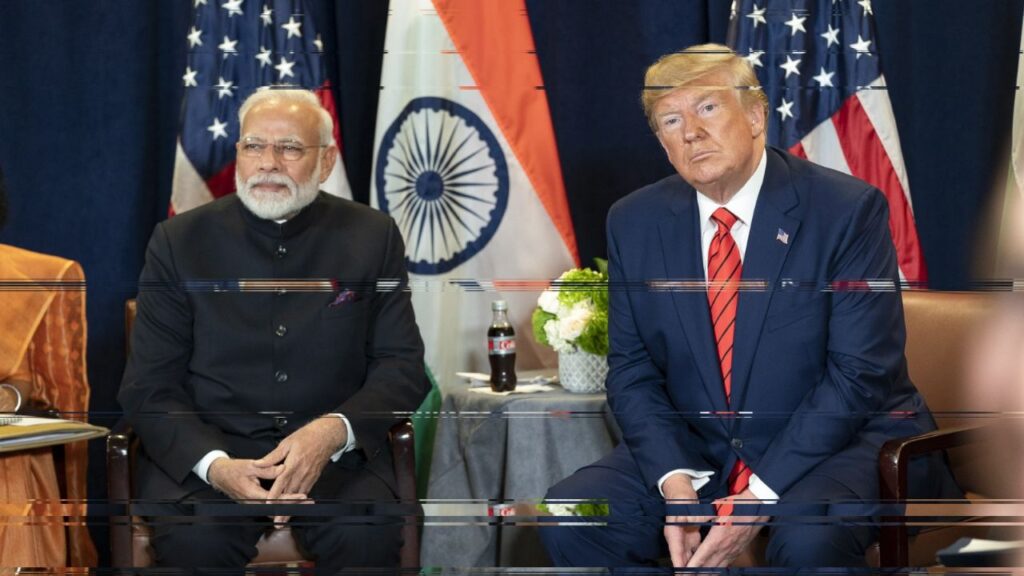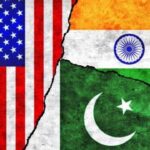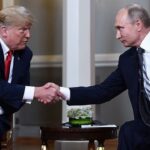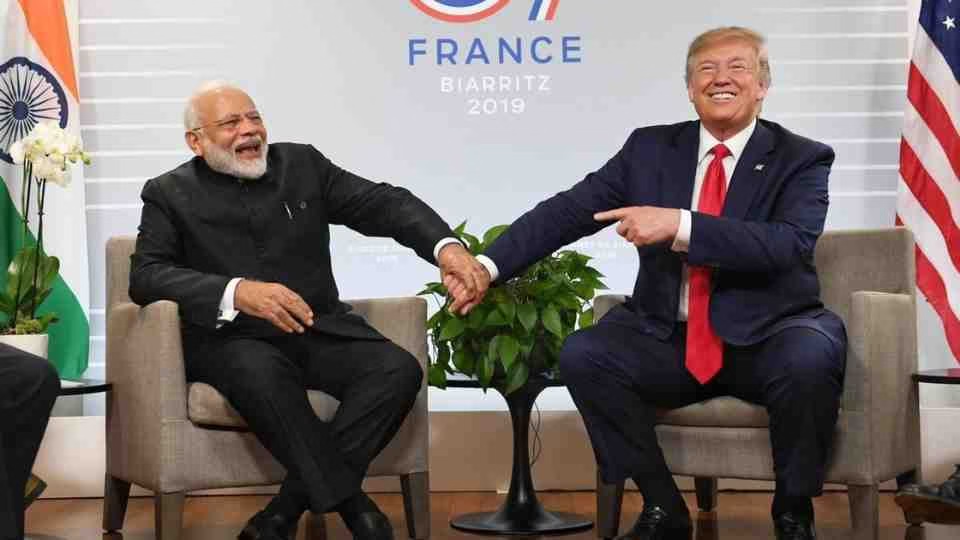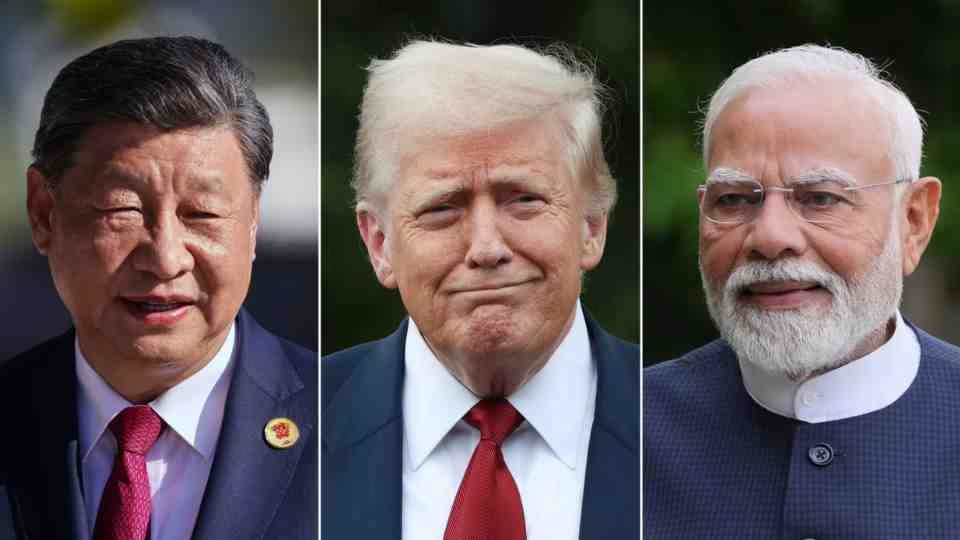In a significant diplomatic maneuver, Indian Prime Minister Narendra Modi reportedly outsmarted President Donald Trump by declining a meeting that could have led to a staged photo-op with Pakistan’s military chief, Asim Munir. This incident highlights Trump’s well-documented pursuit of the Nobel Peace Prize, a motivation that has fueled several of his recent diplomatic efforts.
Trump’s Quest for a Peace Prize
Donald Trump’s diplomatic strategy during his second term has been characterized by a dual focus: trade wars and a relentless quest for the Nobel Peace Prize. He has been actively collecting photographs with world leaders from rival nations, using these images as evidence of his peacemaking skills. A prime example of this was his recent success in bringing together Armenian Prime Minister Nikol Pashinyan and Azerbaijani President Ilham Aliyev at the White House to sign a peace agreement. Trump proudly presented this as a resolution to a conflict that had plagued the region for decades. The deal even includes a major transit corridor to be named the “Trump Route for International Peace and Prosperity” (TRIPP).
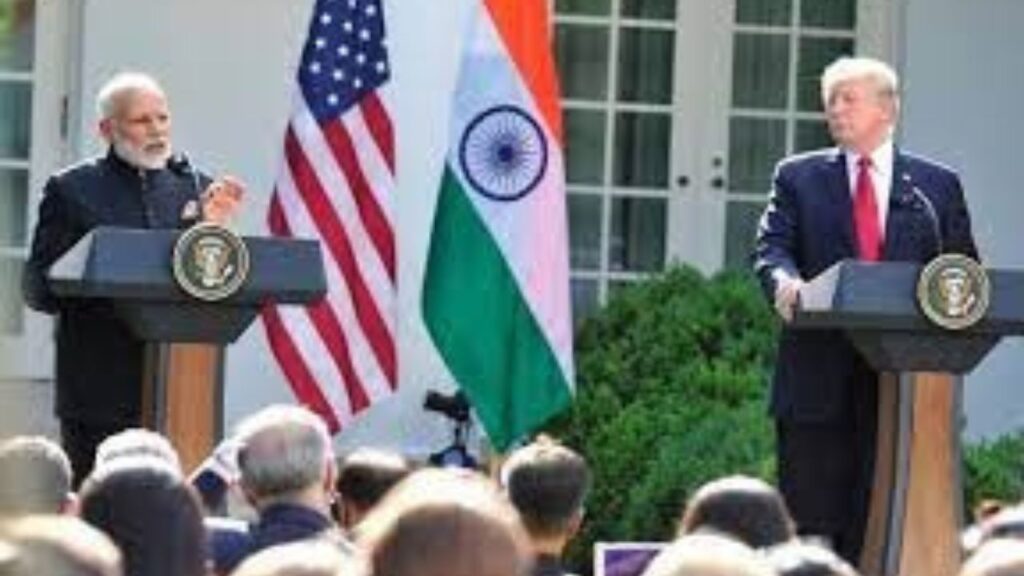
Another potential high-stakes photo-op is reportedly being orchestrated in Alaska, where Trump is attempting to broker a meeting between Russian President Vladimir Putin and Ukrainian President Volodymyr Zelenskyy. Zelenskyy, who is heavily reliant on US support, finds himself in a difficult position where he cannot easily refuse Trump’s invitation, despite concerns that the meeting might dictate unfavorable terms for ending the 3.5-year-old war with Russia.
PM Modi’s Tactical Rejection
In contrast to Zelenskyy’s predicament, PM Modi demonstrated a calculated refusal to participate in what his administration viewed as a diplomatic trap. On June 17, following a mini-war with Pakistan, Trump extended an invitation for Modi to make a stopover in the US while returning from the G7 Summit in Canada. This invitation was not a coincidence; it came just one day before Trump was scheduled to meet with Pakistan’s de facto leader, Army Chief Asim Munir, at the White House.
Modi and his advisors, wary of being hyphenated with Pakistan and concerned about Trump’s unpredictable nature, recognized the potential for an unplanned meeting between the two leaders. India’s Ministry of External Affairs (MEA) issued a statement confirming that Modi had “politely turned down” the invitation due to “prior commitments.” This quick and decisive action prevented a potential public relations coup for Trump, who would have likely used a trilateral meeting to claim credit for a ceasefire that, according to Indian officials, was achieved through direct military-to-military talks between India and Pakistan. This diplomatic move successfully protected India’s position and avoided a situation that could have been politically disadvantageous.

